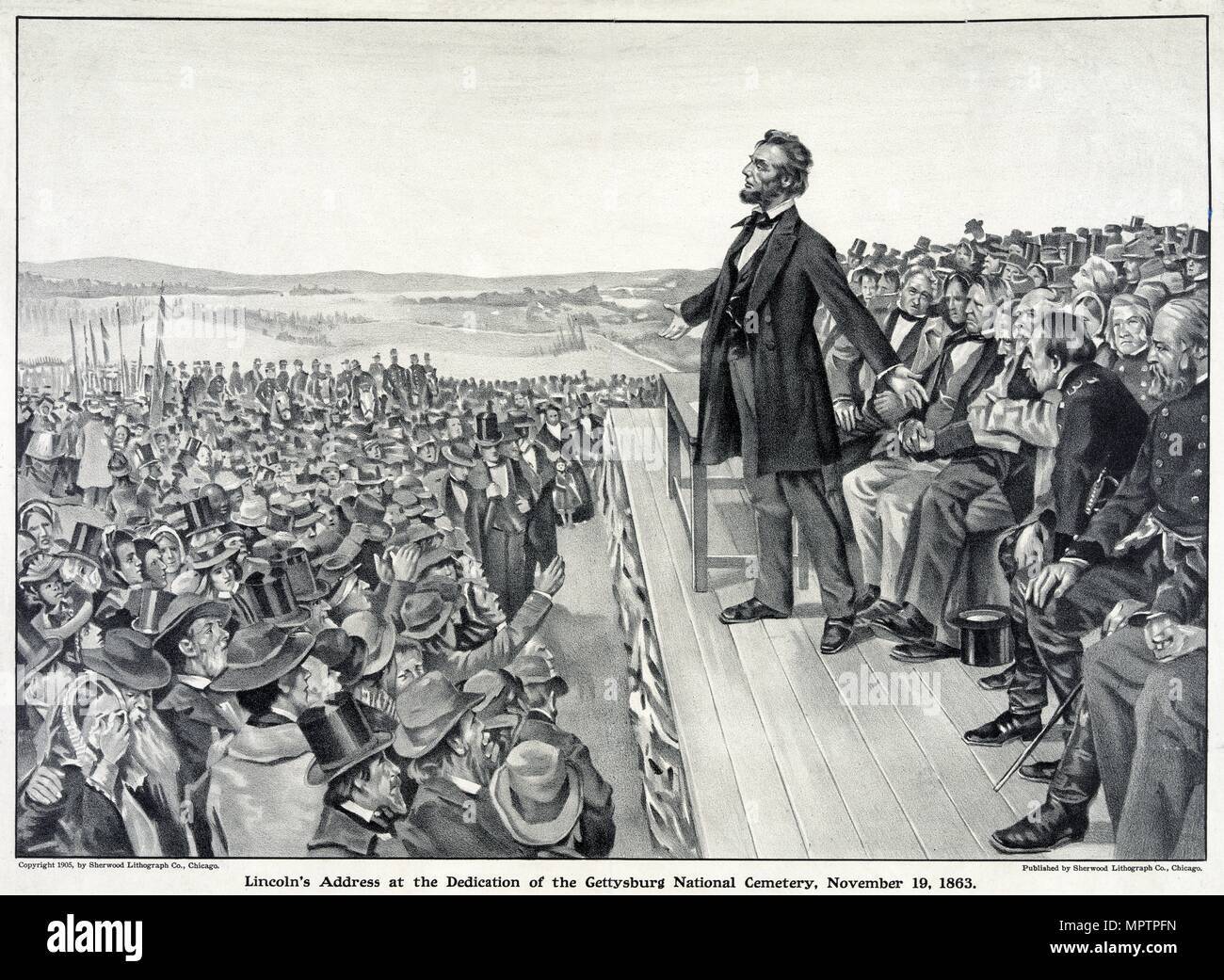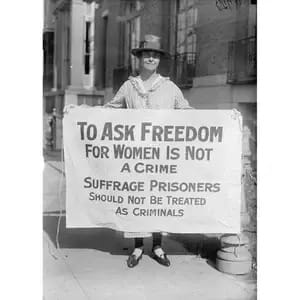- Clayton's Newsletter
- Posts
- Wednesday Wisdom
Wednesday Wisdom
On this day
On this day November 19, 1863, Abraham Lincoln delivered one of the most famous speeches in American history, the Gettysburg Address. President Lincoln offered this brief speech, part poem, part prose, in a dedication ceremony for a new national cemetery near the Gettysburg battlefield. The battle which was fought four months earlier where there were 51,000 casualties and around 8,00 Americans killed. The Union victory at Gettysburg was a key moment in the Civil War repelling General Robert E. Lee’s invasion of the North and proved to be the turning point of the war.

Lincoln was not even the featured speaker that day. A well-known orator Edward Everett spoke for nearly two hours, while Lincoln spoke for a mere two minutes, delivering one of the most powerful and important speeches ever. In his powerful address, Lincoln embraced the Declaration of Independence, recalling how the nation was “conceived in liberty, and dedicated to the proposition that all men are created equal.” By resurrecting these promises, Lincoln committed post-Civil (postbellum) War America to “a new birth of freedom.” Following the Civil War, the Reconstruction Amendments, the Thirteenth which abolished slavery, Fourteenth which granted citizenship to all persons born or naturalized, and Fifteenth Amendment which prohibited the denying of voting rights-based race, color or previous condition of servitude. These new additions became the law of the land as they were attached to The Constitution as amendments. While his words were brief on an unusually mild and sunny mid-November day in Pennsylvania, Lincoln reset a country to regain the ethical principles on which it was founded; that all men were created equal.
Brief but powerful
“Four score and seven years ago our fathers brought forth on this continent, a new nation, conceived in Liberty, and dedicated to the proposition that all men are created equal.
Now we are engaged in a great civil war, testing whether that nation, or any nation so conceived and so dedicated, can long endure. We are met on a great battle-field of that war. We have come to dedicate a portion of that field, as a final resting place for those who here gave their lives that that nation might live. It is altogether fitting and proper that we should do this.
But, in a larger sense, we can not dedicate – we can not consecrate – we can not hallow – this ground. The brave men, living and dead, who struggled here, have consecrated it, far above our poor power to add or detract. The world will little note, nor long remember what we say here, but it can never forget what they did here. It is for us the living, rather, to be dedicated here to the unfinished work which they who fought here have thus far so nobly advanced. It is rather for us to be here dedicated to the great task remaining before us – that from these honored dead we take increased devotion to that cause for which they gave the last full measure of devotion – that we here highly resolve that these dead shall not have died in vain – that this nation, under God, shall have a new birth of freedom – and that government of the people, by the people, for the people, shall not perish from the earth.”
Do we have the resolve, virtue and courage going forward?
Lincoln’s speech reminded all, that it was “Fitting and proper” and we should all be “dedicated here to the unfinished work” that Thomas Jefferson put forth in the “Declaration of Independence” and the framework of the government in the “Constitution”. While Jefferson, our founders and the country have not always lived up to these ideals, Lincoln’s powerful speech and the blood spilled in Gettysburg reminds us of the great gift they have given all of us.
Lincoln reminded us with the inclusion of the line, “our fathers brought forth on this continent, a new nation, conceived in Liberty, and dedicated to the proposition that all men are created equal”. This was not out of nostalgia or nor did he include it to sound clever, but it was a call then and now from his grave to remember our founding principles which were embedded in the logic of the enlightenment thinkers.
Historians Walter Isaacson and Jon Meacham reinforce the view that Lincoln's opening clause in the Gettysburg Address was a deliberate and transformative rhetorical move to redefine the Civil War as a moral crusade based on the Declaration of Independence. Meacham goes on to cite American history is a continuous battle between our worst instincts and our "better angels."
Rebirth of a Nation
The phrase “rebirth of a nation” is often a use to describe “postbellum America”. It provides a biblical refence of the original sin of Adam and Eve and American independence by citing “All men were created Equal” * yet not fulfilling its promise of equality for all as our original sin.

The nineteenth amendment, giving woman the right to vote didn’t arise until 1920, due to pressure of woman’s suffrage movement. This reinforces Lincolns ideals from the Gettysburg Address and shows the country is still a work in progress to living up to its original ideals of a “more perfect union”.
As Lincoln concluded,” That a government of the people, by the people, for the people, shall not perish from the earth.”
Worth fighting for then, worth fighting for now.
*” all men created equal exclude people of color, woman and non-landowners
And now you know...
Thank you, Dad, for the gift of curiosity
Philosophy is the art of thinking, the building block of progress that shapes critical thinking across economics, ethics, religion, and science.
METAPHYSICS: Literally, the term metaphysics means ‘beyond the physical.’ Typically, this is the branch that most people think of when they picture philosophy. In metaphysics, the goal is to answer the what and how questions in life. Who are we, and what are time and space?
LOGIC: The study of reasoning. Much like metaphysics, understanding logic helps to understand and appreciate how we perceive the rest of our world. More than that, it provides a foundation for which to build and interpret arguments and analyses.
ETHICS: The study of morality, right and wrong, good and evil. Ethics tackles difficult conversations by adding weight to actions and decisions. Politics takes ethics to a larger scale, applying it to a group (or groups) of people. Political philosophers study political governments, laws, justice, authority, rights, liberty, ethics, and much more.
AESTHETICS: What is beautiful? Philosophers try to understand, qualify, and quantify what makes art what it is. Aesthetics also takes a deeper look at the artwork itself, trying to understand the meaning behind it, both art as a whole and art on an individual level. A question an aesthetics philosopher would seek to address is whether or not beauty truly is in the eye of the beholder.
EPISTEMOLOGY: This is the study and understanding of knowledge. The main question is how do we know? We can question the limitations of logic, how comprehension works, and the ability (or perception) to be certain.